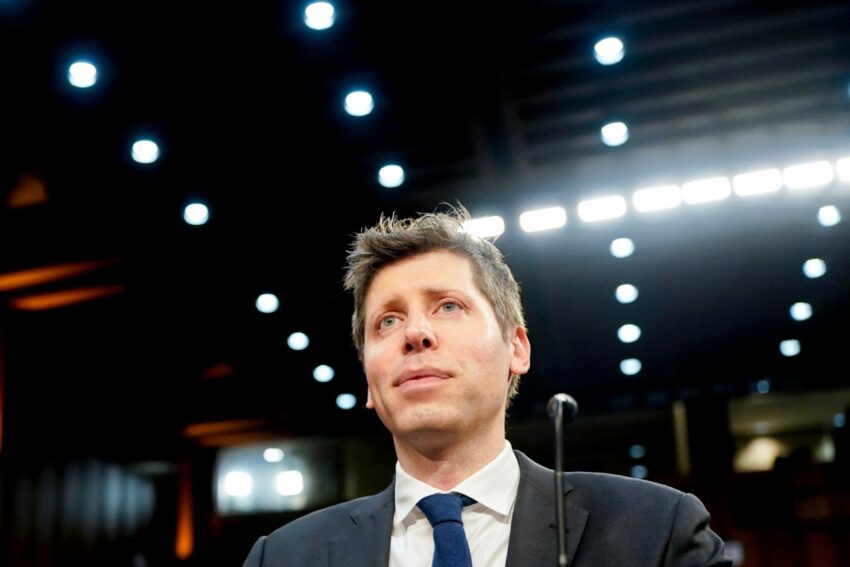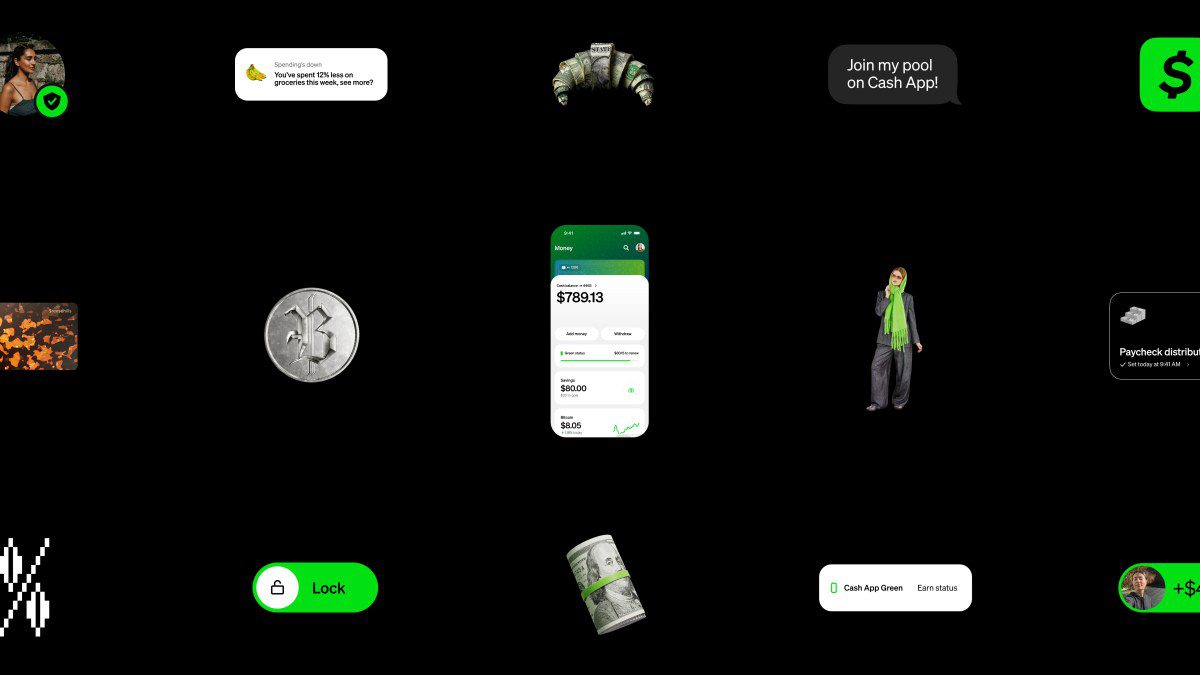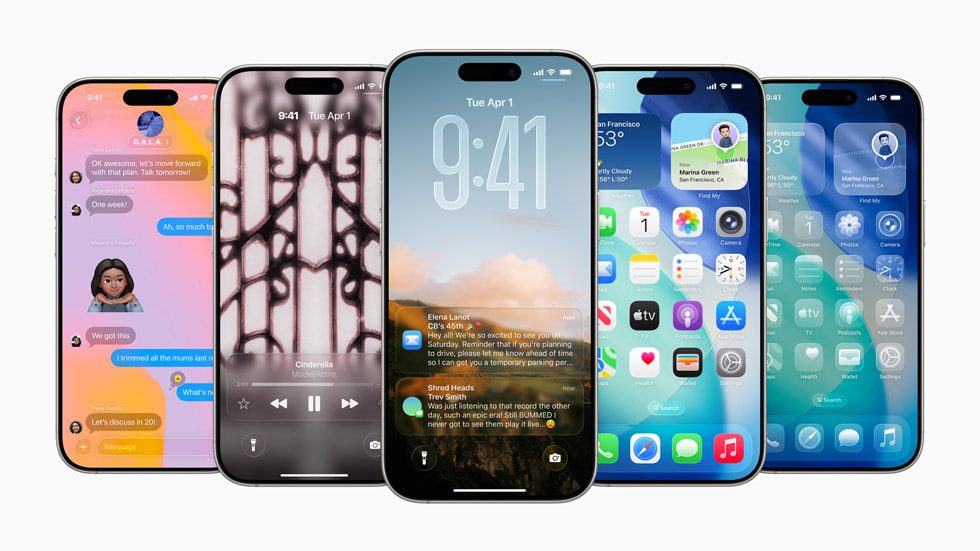
court rules that openai violated german copyright A German court has ruled that OpenAI’s ChatGPT infringed upon the country’s copyright laws by training its language models on licensed musical works without obtaining the necessary permissions.
court rules that openai violated german copyright
Background of the Case
The ruling emerged from a lawsuit filed by a prominent German music publisher, which claimed that OpenAI utilized its copyrighted musical compositions to train its AI models. This case highlights the ongoing tension between artificial intelligence development and intellectual property rights, particularly in the creative industries. The publisher argued that the unauthorized use of its works constituted a violation of copyright law, as it did not grant OpenAI permission to use its material for training purposes.
The court’s decision is significant in the context of the rapidly evolving landscape of AI technologies, where the lines between innovation and copyright infringement are increasingly blurred. OpenAI, known for its advanced AI models, including ChatGPT, has been at the forefront of discussions surrounding the ethical use of data and the implications of AI on various sectors, including music, literature, and art.
Legal Implications of the Ruling
This ruling has far-reaching implications for AI developers and companies that rely on large datasets to train their models. The court’s decision reinforces the necessity for organizations to obtain explicit permission from copyright holders before using their works, even if the intent is to create something new or transformative. This could lead to a reevaluation of how AI companies approach data collection and model training.
Potential Impact on AI Development
The ruling may compel AI companies to adopt more stringent practices regarding data usage. Companies might need to implement more robust licensing agreements and ensure compliance with copyright laws to avoid similar legal challenges in the future. This could slow down the pace of innovation in the AI sector, as companies may face increased costs and administrative burdens associated with securing permissions.
Broader Context of Copyright Law and AI
The intersection of copyright law and artificial intelligence is a complex and evolving area. In recent years, various jurisdictions have grappled with how to regulate AI technologies while protecting the rights of creators. The German court’s decision aligns with a growing trend among lawmakers and courts worldwide to scrutinize the use of copyrighted material in AI training datasets.
In the United States, for example, there have been ongoing debates about whether AI-generated works can be considered original and whether they infringe on existing copyrights. Similar cases have emerged in other countries, indicating a global reckoning with the implications of AI on intellectual property rights.
Stakeholder Reactions
The ruling has elicited mixed reactions from various stakeholders in the tech and creative industries. Advocates for copyright protection have lauded the decision, viewing it as a necessary step to safeguard the rights of artists and creators. They argue that without such protections, the creative industries could suffer significant harm as AI technologies continue to evolve.
Conversely, some AI developers and industry leaders have expressed concern about the ruling’s potential to stifle innovation. They argue that the use of copyrighted material in training datasets is essential for developing effective AI models and that overly restrictive regulations could hinder progress in the field. This sentiment reflects a broader concern about balancing the rights of creators with the need for technological advancement.
OpenAI’s Response
In response to the ruling, OpenAI has stated that it is reviewing the court’s decision and considering its options. The company has emphasized its commitment to ethical AI development and the importance of respecting intellectual property rights. OpenAI has also indicated that it will work to ensure compliance with copyright laws in its future endeavors.
Future of AI and Copyright
The outcome of this case may set a precedent for future legal battles involving AI and copyright. As AI technologies continue to advance, the need for clear guidelines and regulations will become increasingly critical. Lawmakers and industry leaders will need to collaborate to establish a framework that protects the rights of creators while fostering innovation in the tech sector.
Conclusion
The German court’s ruling against OpenAI underscores the complexities at the intersection of artificial intelligence and copyright law. As AI technologies become more integrated into various aspects of society, the need for clear legal guidelines and ethical standards will only grow. The implications of this ruling extend beyond OpenAI, potentially shaping the future of AI development and its relationship with intellectual property rights.
As stakeholders in both the tech and creative industries navigate this evolving landscape, the importance of collaboration and dialogue will be paramount. Finding a balance between protecting the rights of creators and fostering innovation will be essential for the sustainable growth of both sectors.
Source: Original report
Was this helpful?
Last Modified: November 13, 2025 at 4:40 pm
3 views















